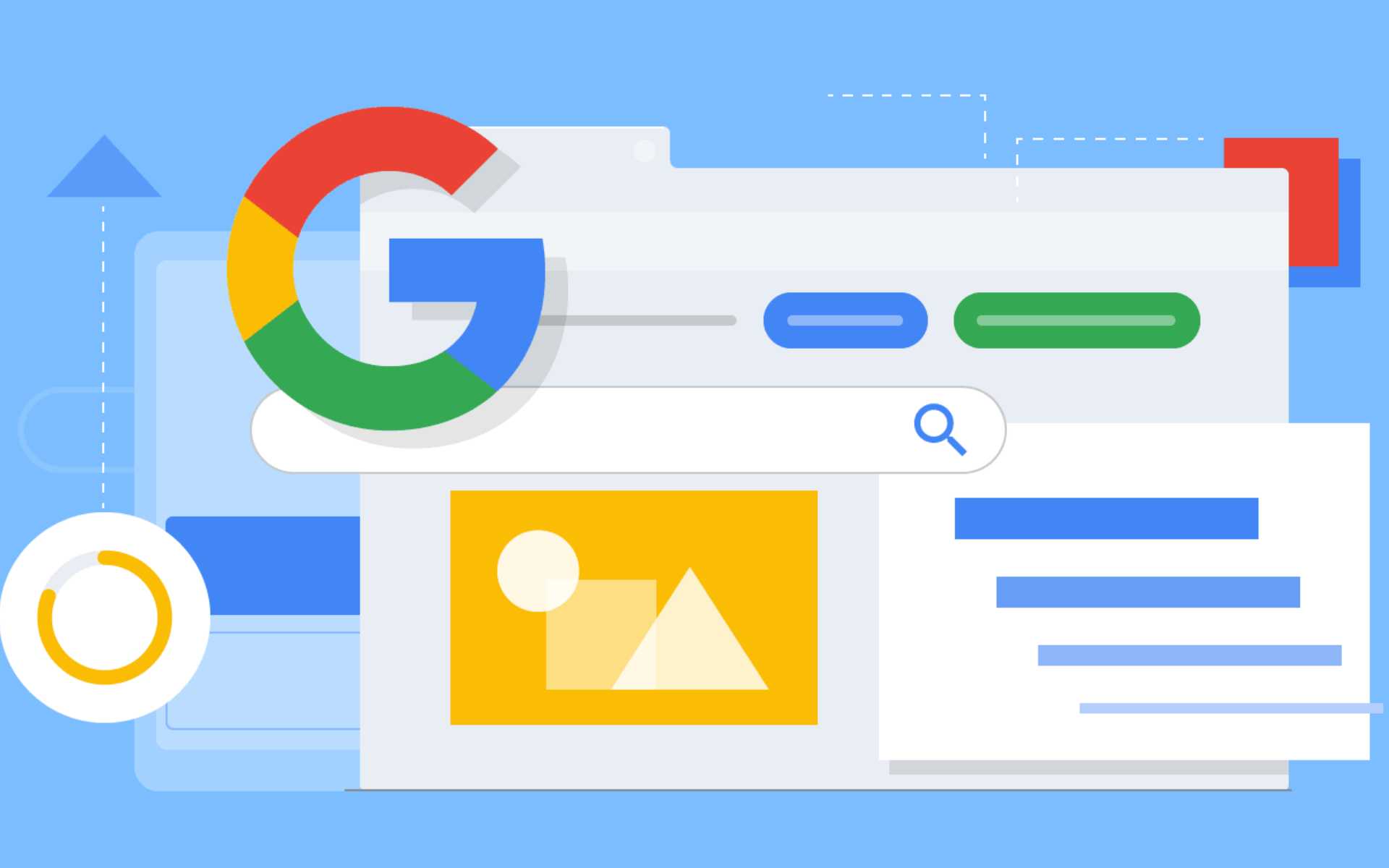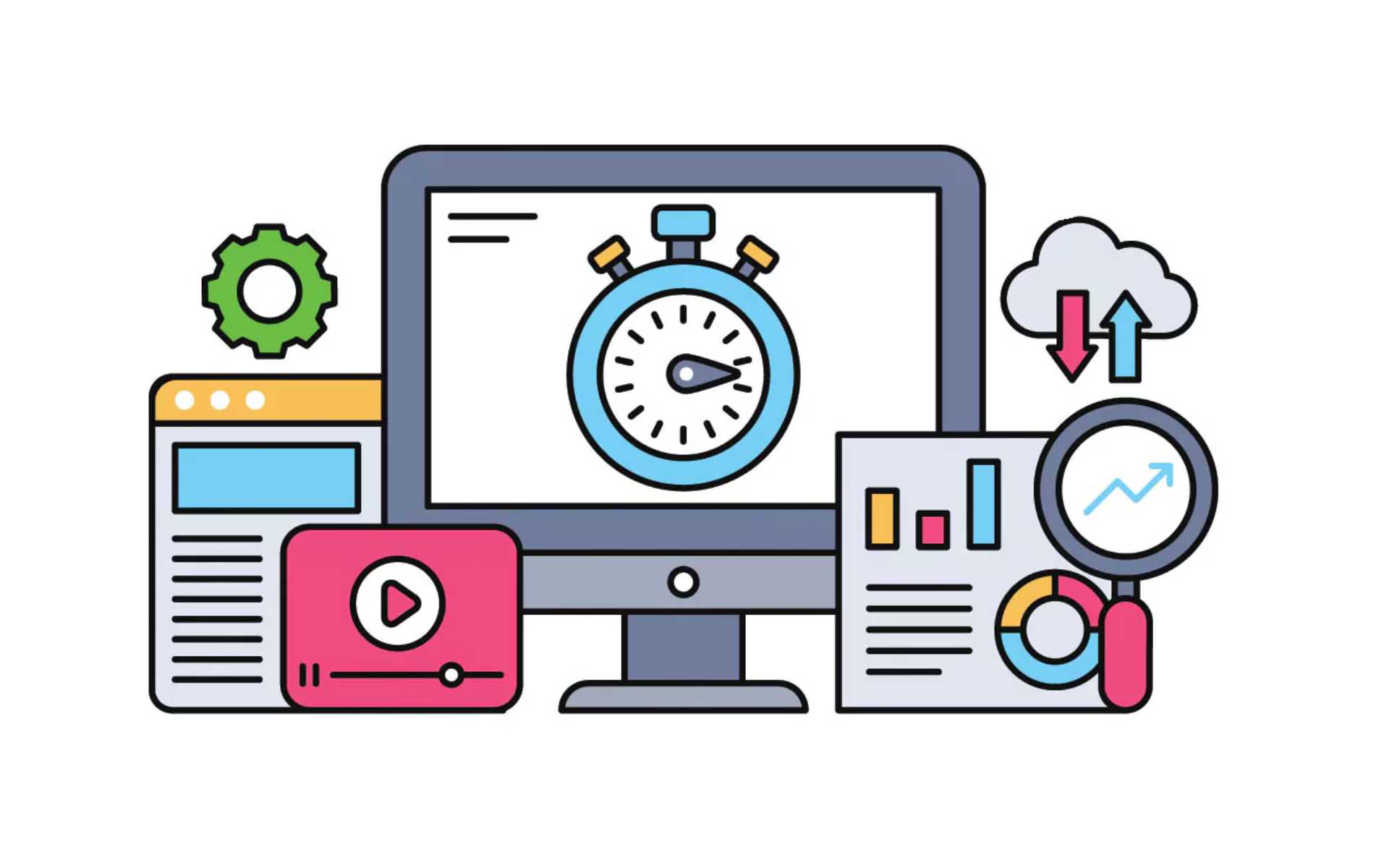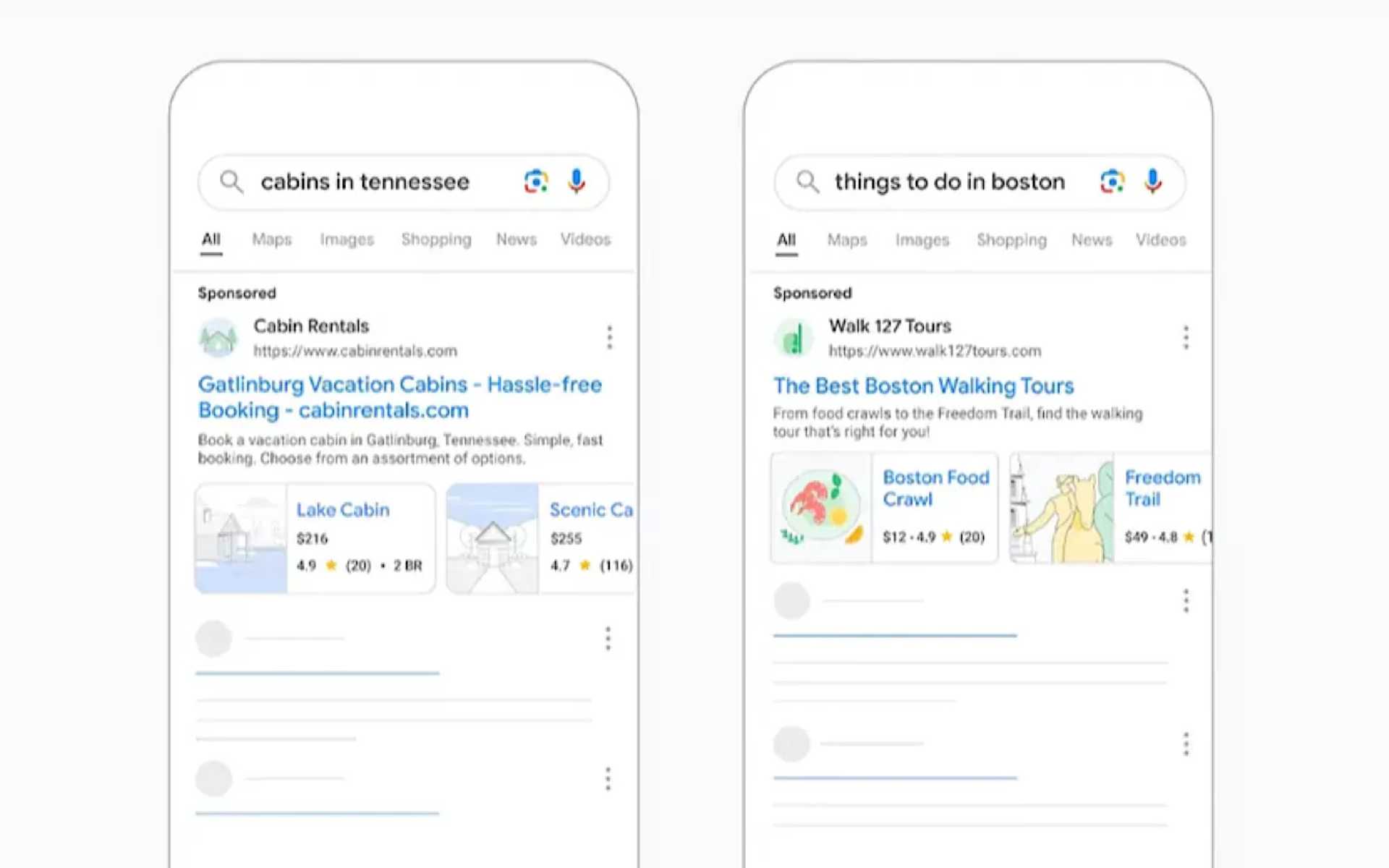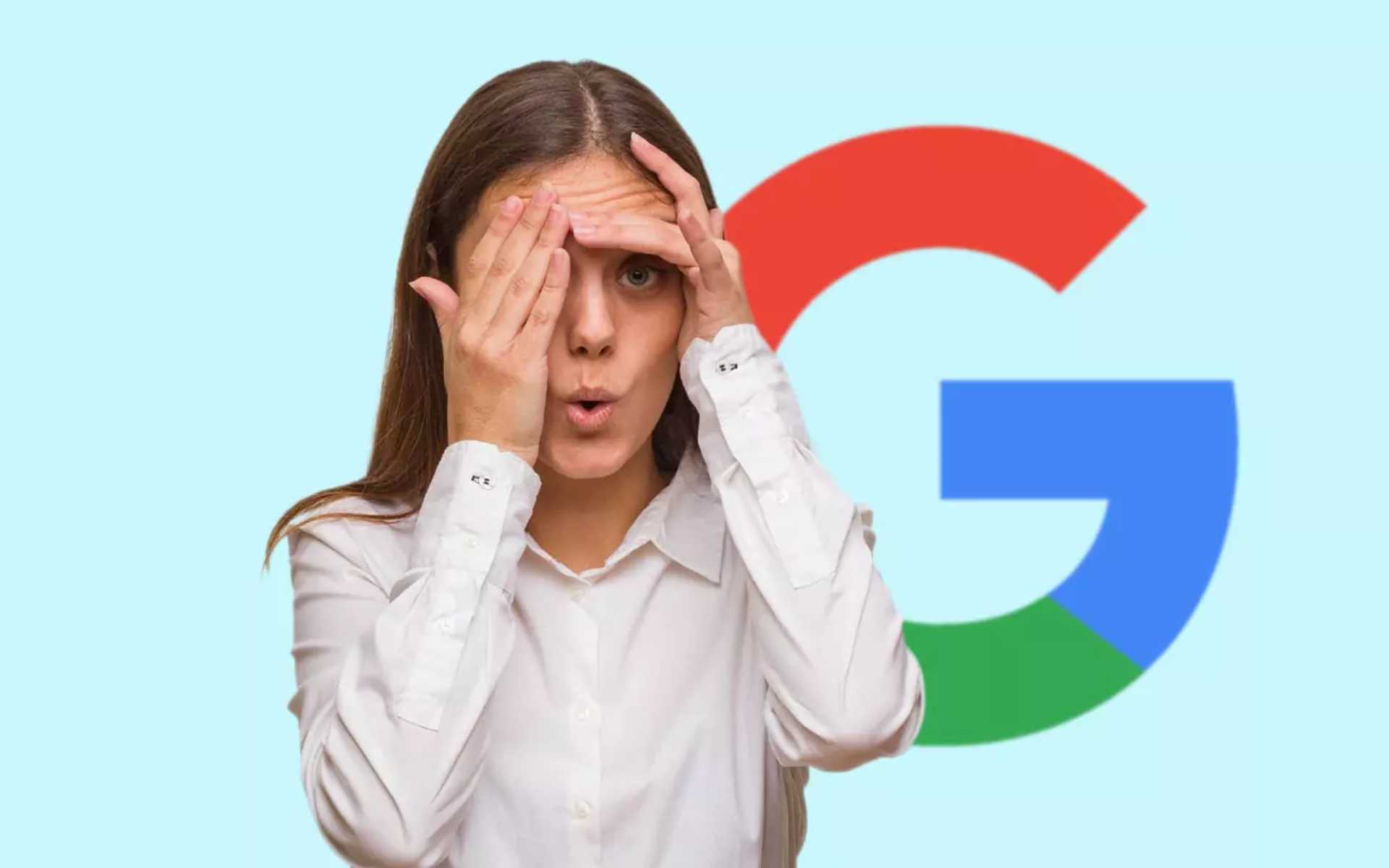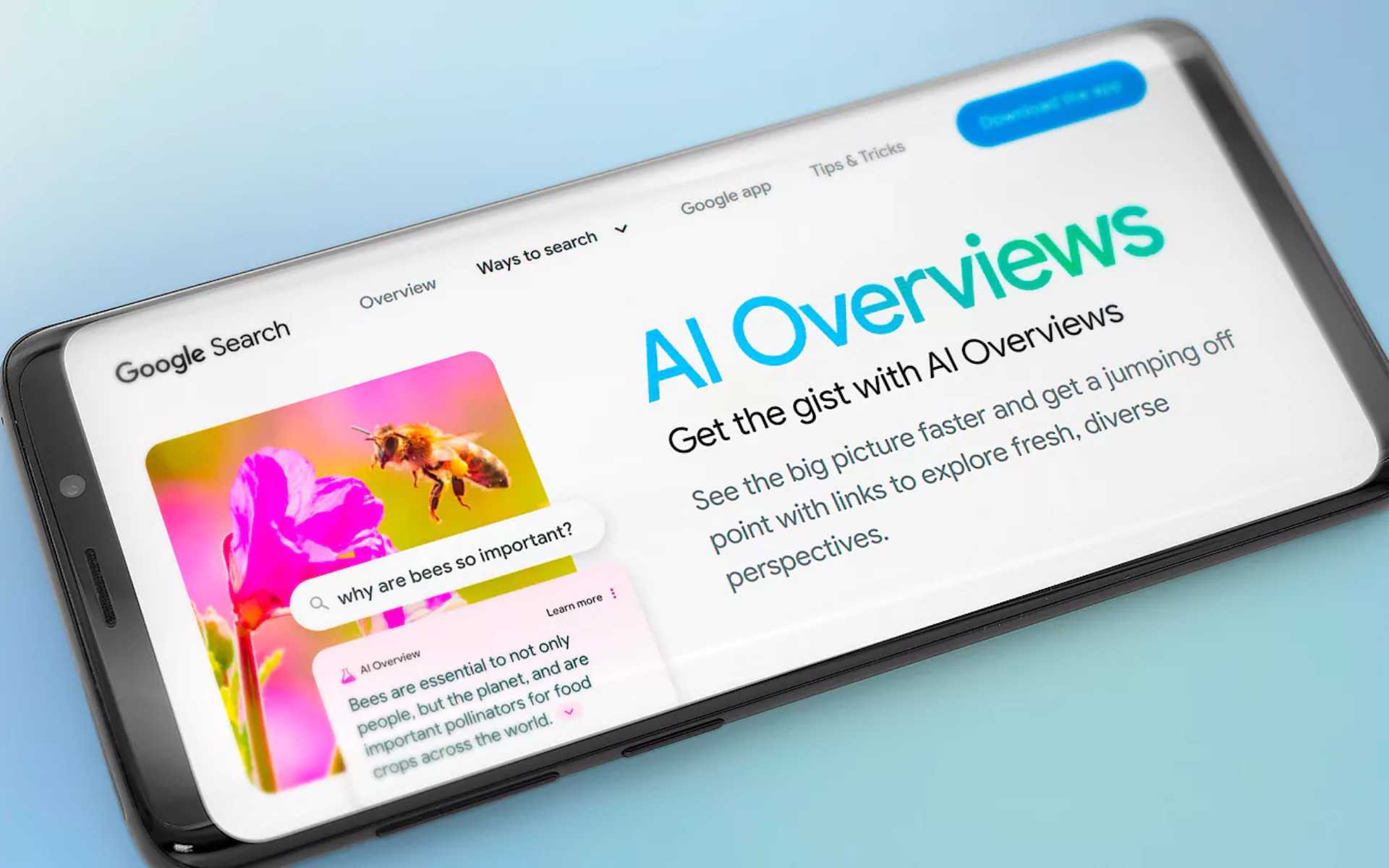Highlights
- Google’s AI features are disrupting organic SEO.
- Informational searches are hardest hit; commercial queries offer some opportunity.
- Adapting strategies is necessary for continued success.
The Rise of AI in Search
Are the days of organic SEO numbered? This idea emerged from a search scientist’s analysis of Google’s AI-powered disruptions. At MozCon’s 20th annual conference, Tom Capper, Moz’s Senior Search Scientist, provided a data-driven reality check.
Full-Funnel Organic Marketing: A Tough Game
Capper warned attendees:
“At the end of this talk, I’m going to tell you that full-funnel organic marketing is borderline impossible in 2024 for most businesses.”
He examined how Google’s AI overview results, aggressive monetization, and evolving search intents pose challenges for companies relying on SEO. Additionally, in an exclusive interview with Search Engine Journal, Capper highlighted potential paths forward for those willing to pivot.
The Zero-Click Threat
Capper chronicled the rise of search intents like informational, navigational, commercial, and transactional queries. Google’s new AI Overview feature, which generates direct answers at the top of the page, has been particularly disruptive for informational searches.
“Organic is a really tough game for informational intent,” Capper said, displaying data that informational searches have the lowest share of voice for traditional organic results due to AI Overviews and other SERP features. He noted that 21% of informational searches now surface a Featured Snippet result, satisfying users without a click.
“You basically can’t play at the top of the funnel,” he stated bluntly.

AI Overviews: A “Mistake”
In the exclusive interview, Capper cautioned that Google’s rush to implement AI overviews could negatively impact the company’s brand image:
“I think Google has gone too soon and rushed this, and yeah, I do think it’s a mistake. That is a little bit dangerous for SEO in that if Google suffers, then that’s disruptive for our industry as well.”
The Commercial Battleground
While the data is dire for informational content, Capper says commercial searches represent a “sweet spot.” However, these valuable mid-funnel queries have become a “turbulent” and “incredibly contested” battleground.
Weighing in on the Google product reviews update and other recent changes, Capper said:
“Commercial is where a lot of this [Google’s search quality issues] plays out…it’s become an incredibly volatile section.”
Major sites like Amazon, Reddit, and YouTube dominate commercial results alongside a glut of price listings and review-rich results. This raises the bar for smaller sites trying to rank.
“There are arts, hobbies, real estate – much more realistic to try and compete in here,” Capper advised.
He warned publishers who rely solely on easily answered questions:
“If that’s what you’ve been doing, you’ve probably been suffering for a long time…If you’re not willing to pivot to any other kind of content, then yeah, sure, go. Find a different channel.”
The Paid & Local Future
At the bottom funnel, Capper described transactional searches as “pay-to-play unless you’re a brick-and-mortar business.” Google’s monetization of product listings and its experimental map embeds for transactional queries continue to squeeze out organic visibility.
However, Capper highlighted local SEO as a promising path forward, stating:
“If you can do well in local search, I think even in a worst-case scenario AI Overview rollout, you would still be doing well here.”
Adapting to the Changing Landscape
Despite the challenges posed by AI-powered search features, Capper believes there are still opportunities for organic marketing success. He offers the following recommendations:
Target informational queries that don’t have a featured snippet, allowing for better organic visibility.
Focus on less competitive commercial queries in verticals like arts, hobbies, and real estate.
Leverage local search optimization for transactional queries, even for businesses without a brick-and-mortar presence.
Use keyword modifiers like “best,” “compare,” “top,” and “reviews” to identify commercial intent queries.
Looking to the Future
When asked about his advice for SEO professionals disheartened by the AI search revolution, Capper suggests adapting and focusing on creating high-quality, authoritative content. He stated in the exclusive interview:
“If you’ve got any willingness at all to write something more interesting, then I think you can still play an organic.”
Ultimately, Capper remains optimistic about the future of organic search. In the interview, he noted that Google’s business model depends on sending organic traffic to other sites:
“I don’t think Google will ever reach the point where Google doesn’t send traffic at all because, ultimately, that’s its business model. People expect when they search Google that they will end up going to other websites; if people don’t have that expectation, they won’t click on ads; if people aren’t clicking on ads, Google doesn’t make any money.”
In Summary
While informational and transactional searches have become challenging to rank for organically, Capper’s research suggests opportunities in commercial and local spaces. To adapt, he recommends focusing on less competitive commercial topics, leveraging local SEO for transactional queries, and creating content beyond simply answering basic questions.

